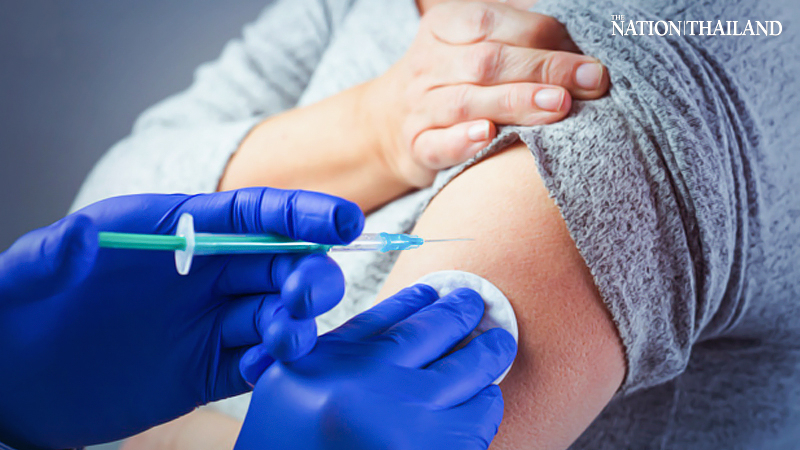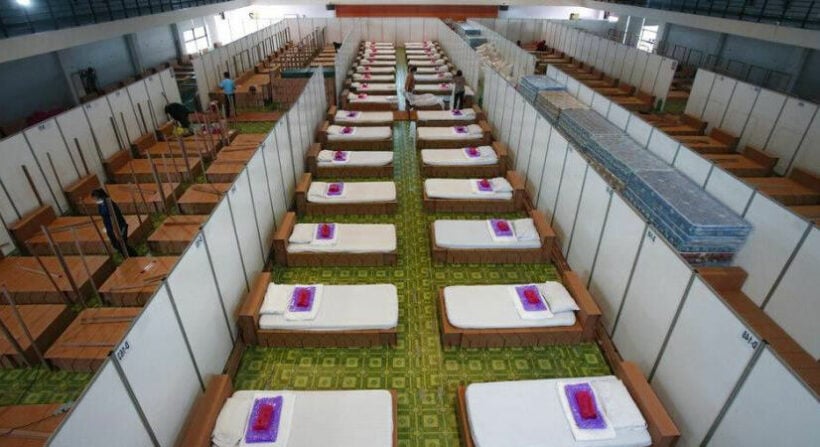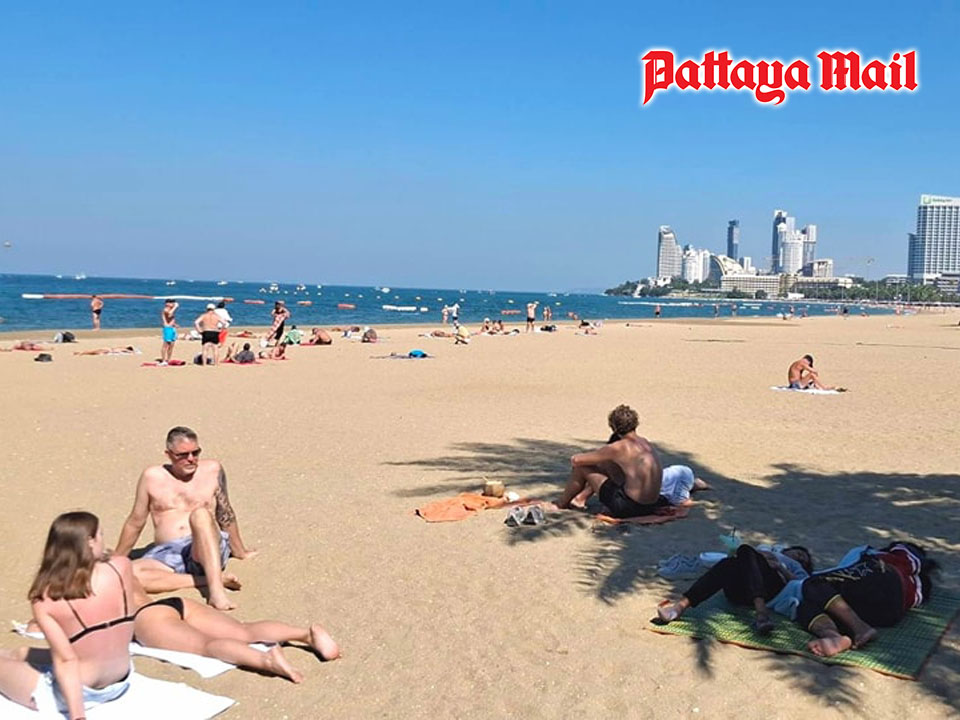NNT file photo for reference only
As of Wednesday, at least 42 Thai provinces now have some form of entry restrictions for travellers from so-called high risk locations.
However, the restrictions vary quite drastically from province to province.
Lampang, Phichit and Ubon Ratchathani were the latest provinces to announce restrictions on arrivals.
Requirements for travellers from Bangkok, Pathum Thani, Nonthaburi, Samut Prakan, Nakhon Pathom and in some cases, Chiang Mai, range from being required to self quarantine for 14 days, take a rapid COVID-19 test or confirm whereabouts to local health officials.
Some provinces only require quarantine for people from certain districts in Bangkok, namely Bang Khae, Klong Toey and Wattana, as well as Pathum Thani, Nonthaburi, Samut Prakan.
Whereas other provinces only require quarantine for those who visited high risk venues - mainly the Thonglor bars and nightclubs - which have been confirmed as the source of the major cluster discovered in the capital.
In many provinces, self quarantine is not required if a person takes a rapid COVID test and tests negative.
If you do still plan to travel, the advice is to seek the latest information regarding your destination province before you begin your journey.
The situation is fluid and is ever changing, so try to get as up to date information as you can prior to your departure.
Provinces enforcing entry restrictions for travellers are:
North:
Chiang Mai, Kamphaeng Phet, Lampang, Lamphun, Nan, Phayao, Phetchabun, Phichit, Phitsanulok, Phrae, Tak, Uttaradit.
Northeast:
Amnat Charoen, Bueng Kan, Buri Ram, Chaiyaphum, Khon Kaen, Mahasarakham, Mukdahan, Nakhon Phanom, Nakhon Ratchasima, Nong Bua Lam Phu, Nong Khai, Sakon Nakhon, Ubon Ratchathani, Udon Thani, Yasothon.
Central, East and West:
Chainat, Lopburi, Nakhon Sawan, Sa Kaeo, Saraburi, Sing Buri, Uthai Thani
South:
Chumphon, Narathiwat, Pattani, Phangnga, Ranong, Satun, Songkhla, Trang
Meanwhile, in Prachuap Khiri Khan, where on Tuesday the total number of cases surpassed 300, officials are only requesting quarantine from people who visited high risk venues.
In Phuket, officials have said quarantine is not neededfor arrivals from high risk areas.
In Surat Thani, quarantine is not required but people entering the province need to scan in the 'Save Surat' QR code.

























